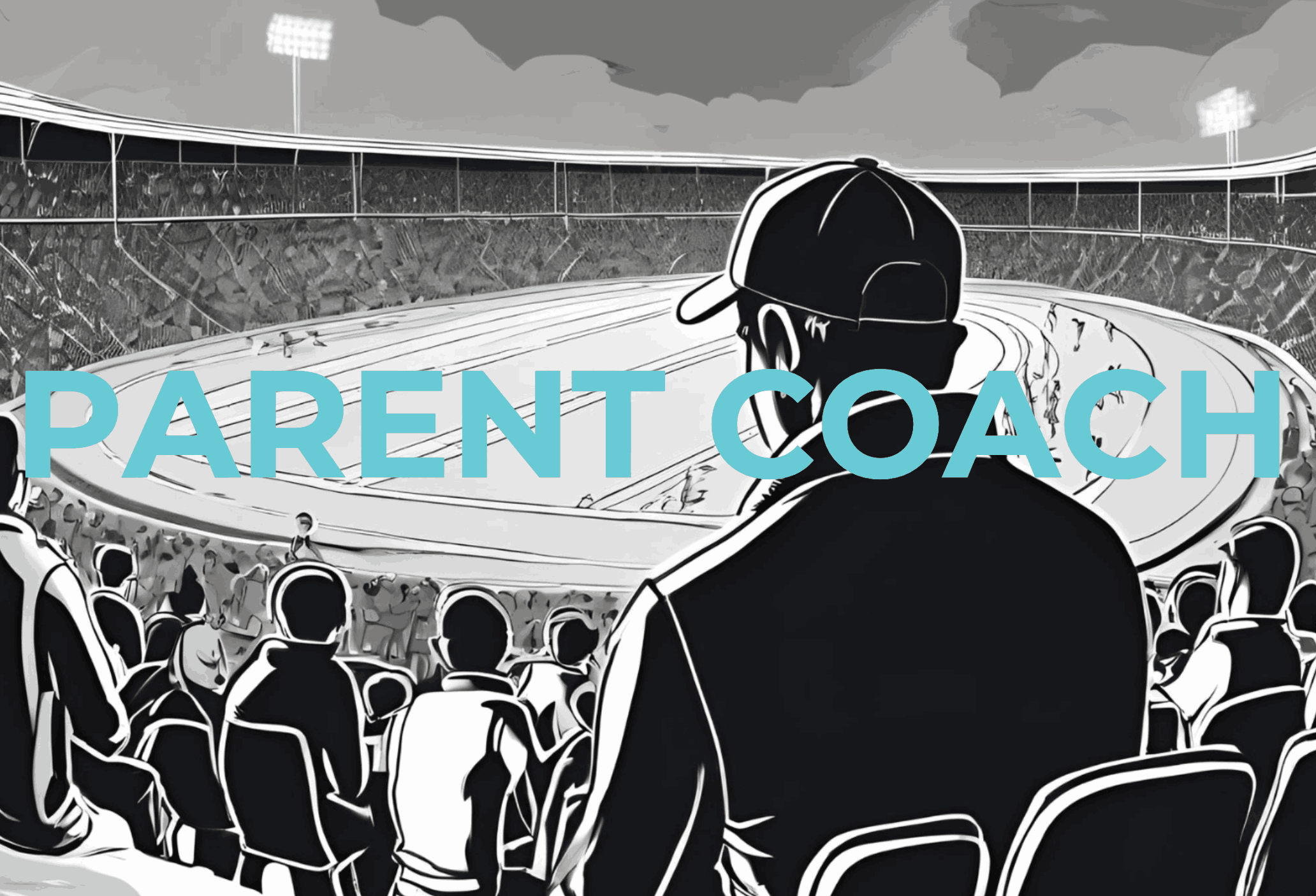Things to consider: IB subjects and careers
It is important to consider your interests when choosing the subjects that you want to study. Consider asking yourself these questions:
- What subjects do you enjoy studying at GCSE/IGCSE?
- Which GCSE subjects are you best at?
- Would you like to continue these subjects at IB?
- Are there new subjects on offer that you would like to pick up?
It is also important to consider your career interests. It may be required to study certain subjects to pursue your future career choice.
- Does your career choice require a specific degree?
- Are certain HL subjects needed for you to study for a particular degree?
Some careers require you to take particular degrees while some require a relevant degree. Additionally, there are some careers that do not require a particular degree but may require certain skills. After evaluating your interest in different subjects and careers, it’s important to look into which subjects best meet your future goals.
For example, employers in different countries may have different attitudes towards the degree you study. In some countries, like France, employers may look to see that you have completed a degree in a field that is linked to your chosen field of work. In the UK, only 20% of jobs specify an area of study. For many employers, the degree you study is irrelevant as some see personal qualities and transferable skills as more important.
What jobs can you get with an IB diploma?
An IB diploma opens the door to a wide range of professional careers. Doctors, solicitors and accountants are examples of the most well-known professions; however, there are several hundred different professions covering a huge range of sectors that are attainable with an IB diploma:
- Building
- Engineering
- Business
- Education
- Technology
- Hospitality
- Sciences
- Environment
- Finance
- Research
- Information
- Health
- Culture
If you have an idea on the area or sector you want to go into with your diploma, you can then explore the career options that the sector offers. If you have a particular profession in mind, it’s important to consider your degree course and choice of Higher Level subjects.
Additionally, the future holds many jobs that may not exist yet today. There are markets that have not yet been invented, and products and services that we don’t know we need yet. In today’s world, the skills that employers are looking for are constantly changing. Consider career options that may be useful in the future, such as:
- Digital Entrepreneurs
- Creative Content Specialists
- Cultural and Market Influencer
- User Experience Designers
- Chief Listening Officers
- Sustainability Managers
University options
The different HL subjects that students choose to study heavily depends on what the student would like to pursue in the future and in what country the student would like to study. Consider asking yourself these two questions: Is there a particular subject area that you are interested in specialising in? Does it require specific HL subjects?
Some countries have very specific IB subject requirements, including language requirements, regardless of what subject you specialise in. Here are some brief guidelines for subject requirements in different countries.
- Germany: Germany usually requires a minimum of SL maths and requires students to take particular categories of subject.
- Italy: Four different combinations of subjects that you can choose from.
- UK: Many students take specific degrees (Medicine, Engineering, Economics and Law)
- USA and Canada: General ‘core’ study before choosing a ‘major,’ unless you attend a specialist institution, like for engineering or art.
- Hong Kong and Korea: Students often apply to university faculties (Faculty of Engineering, Faculty of Science, Faculty of Social Science, Faculty of Humanities) and then specialise.
If you are planning on studying for a specific degree, it’s important that you check you are taking the right HL subjects.
What IB subjects should I take?
Some students may know what exactly what they want to do in the future, such as becoming an engineer or a veterinarian. If you are not sure yet, keep your options open by taking one or more of these HL subjects:
- Mathematics
- English Literature (or Language and Literature)
- Physics
- Biology
- Chemistry
- Geography
- History
- Languages (Classical and Modern)
Whilst you can keep your options open to some extent, it depends on the area of study or work that you may want to go into and where in the world you want to study.
Sciences & maths
Consider taking two, ideally three, of biology, chemistry, maths and physics at HL. Most biological and life sciences degrees are based on chemistry and biology, while most physical sciences and engineering degrees involve the practical application of maths and physics.
Arts & social sciences
There is no set route for an arts and social sciences degree. A range of subjects can provide good preparation, but one or more of the ‘facilitating’ subjects at HL will be useful.
Languages
There are many language degrees open to students who have studied one Language ‘B’ at Higher Level. Some students will also emphasise their linguistic abilities by being taught in English if it is not their native language.
IB subject combinations
Some subjects just don’t fit these categories, and you may look to combine subjects for the degree you wish to pursue. For example, an arts and science combination may be needed for these degrees:
- Art & Chemistry – Art Conservation
- Music, Maths, Physics – Sound Recording
- Art & Maths – Some Architecture
IB subjects for law
Law is not currently an IB subject that students can take, in addition to subjects like archaeology or anthropology. Therefore, it’s important to analyse the IB subjects that will be useful when later pursuing a degree or career in law.
For example, it is important to develop an exceptional writing ability, speaking ability and deep knowledge of language specifics if one is looking to pursue a future in law. Taking a HL course that supports these skills, such as English, may be beneficial.
IB subjects for engineering
If you are looking into entering the engineering field, it’s important to consider which math and science subjects to take, as these are highly required. Many selective universities require multiple HL math courses.
For engineering specifically, it is recommended to take ideally three HL math courses. Depending on where you wish to pursue engineering, this can include biology, chemistry, maths and physics, but it is often recommended to focus your subjects on maths and physics.
The IB Options Workbook
Here are some resources to help guide you in your IB diploma process.
Part 1
- Identify your personal characteristics, strengths & motivations
- Identify a list of possible careers
- Investigate how to get into these careers (qualifications and work experience)
- Identify whether there are particular degrees and/or HL IB subjects that are either essential or useful to enter into these careers
- Do you have an idea of what you might like to do in the future, or if you have no idea at all?
Part 2
- Read the information in the booklet
- Look at IB Country Recognition Statements
- Look at university websites and the ‘Informed Choices’ Document
- Look at the ‘Ideas Generator’ to see what sort of degrees lead on from HL subject choices
- Investigate what careers can lead on from particular degrees, and then see what alternative routes there are to the same career (Prospects.ac.uk – What can I do with my Degree?)
- Keep an open mind!
The process of choosing what to study when acquiring your IB diploma can be overwhelming for some students. At The British International School Shanghai, Puxi, we pride ourselves on offering the highest quality of education and guidance throughout the process.
To learn more about The British International School Shanghai, Puxi, and IB diploma curricula, visit our academic excellence page.








